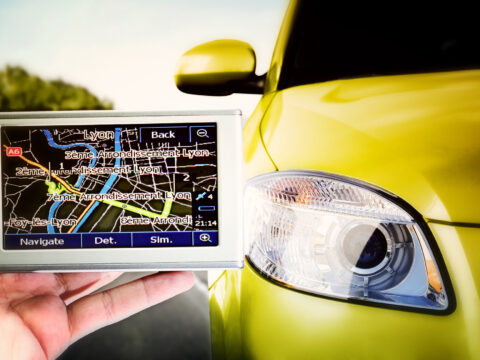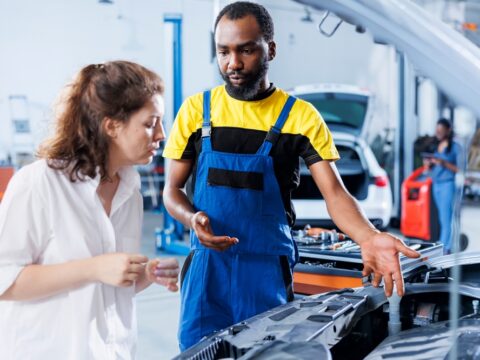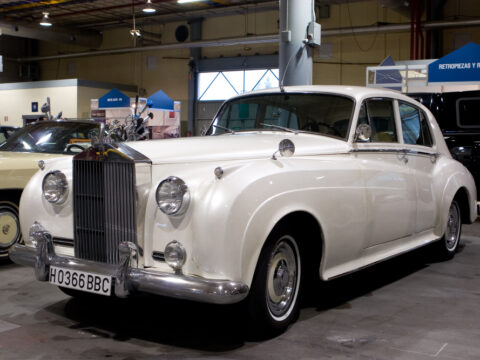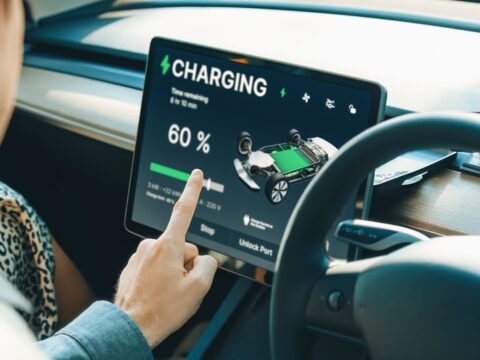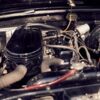Modifying your car can be exciting, but not all upgrades improve performance. In fact, some popular modifications can do more harm than good. From oversized wheels to aggressive tuning, certain changes may negatively impact handling, fuel efficiency, or even engine reliability. Here are 17 car modifications that could actually hurt your car’s performance instead of enhancing it.
Contents
Oversized Wheels
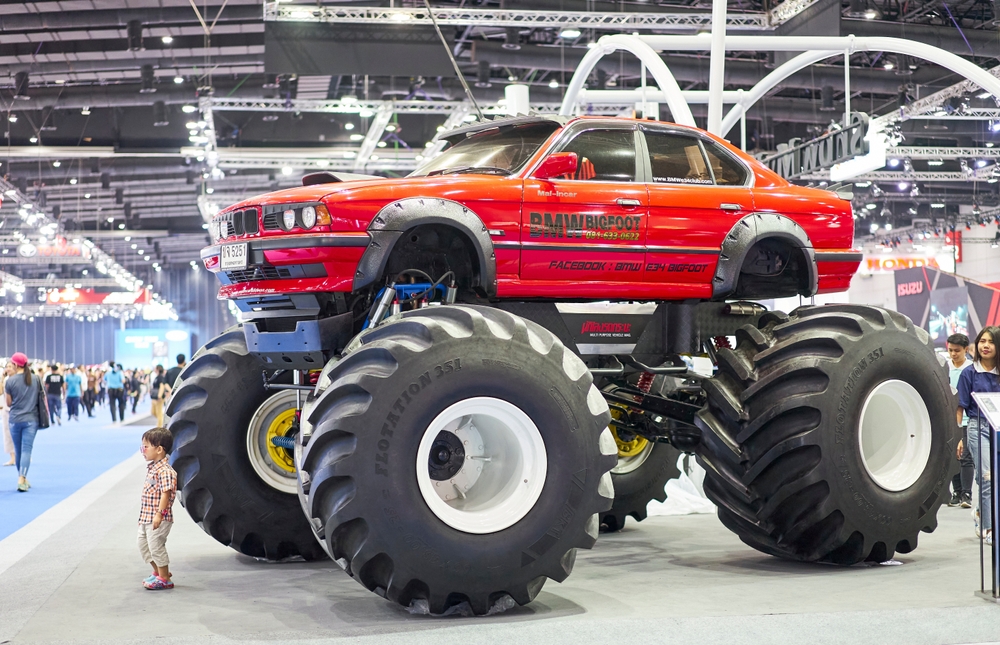
While larger wheels can give a car a more aggressive appearance, they often come at the cost of performance. Heavier wheels increase the rotational mass, which can lead to slower acceleration and reduced handling precision. In some cases, oversized wheels can throw off speedometer accuracy and even strain the vehicle’s suspension system. Not only can this affect ride comfort, but it may also reduce fuel efficiency. It’s best to stick with the manufacturer’s recommended wheel sizes.
Excessive Lowering
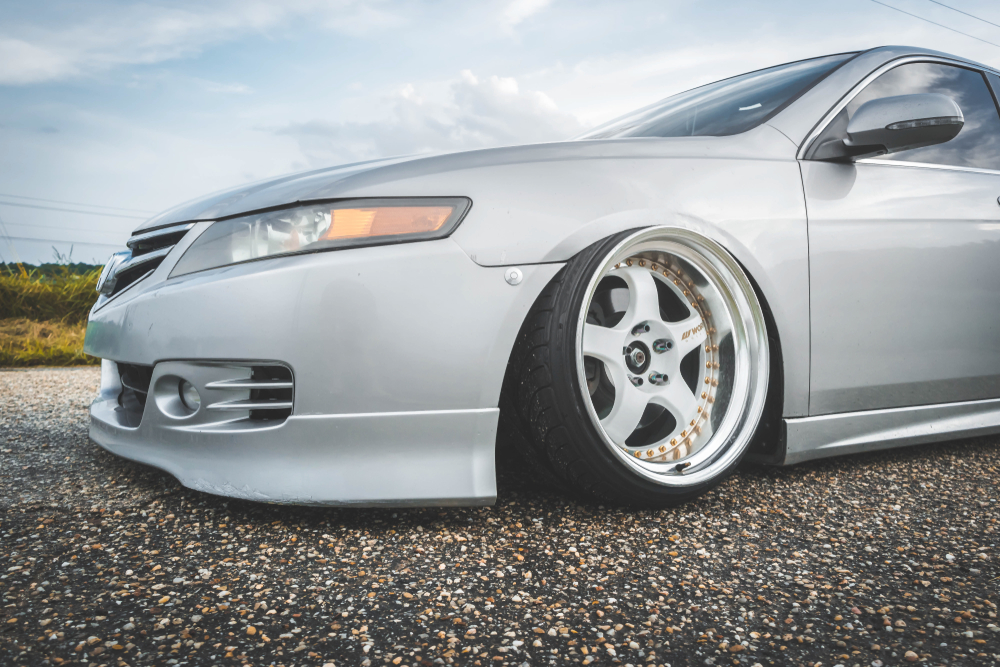
Lowering a car too much may seem like a way to improve handling, but it often causes more problems than it solves. Extreme lowering reduces suspension travel, resulting in a harsh and uncomfortable ride. It also increases the likelihood of bottoming out, which can damage the undercarriage and exhaust system. In addition, improper lowering can disrupt the vehicle’s alignment, leading to uneven tire wear. Moderation is key when adjusting ride height.
Loud Exhaust Systems
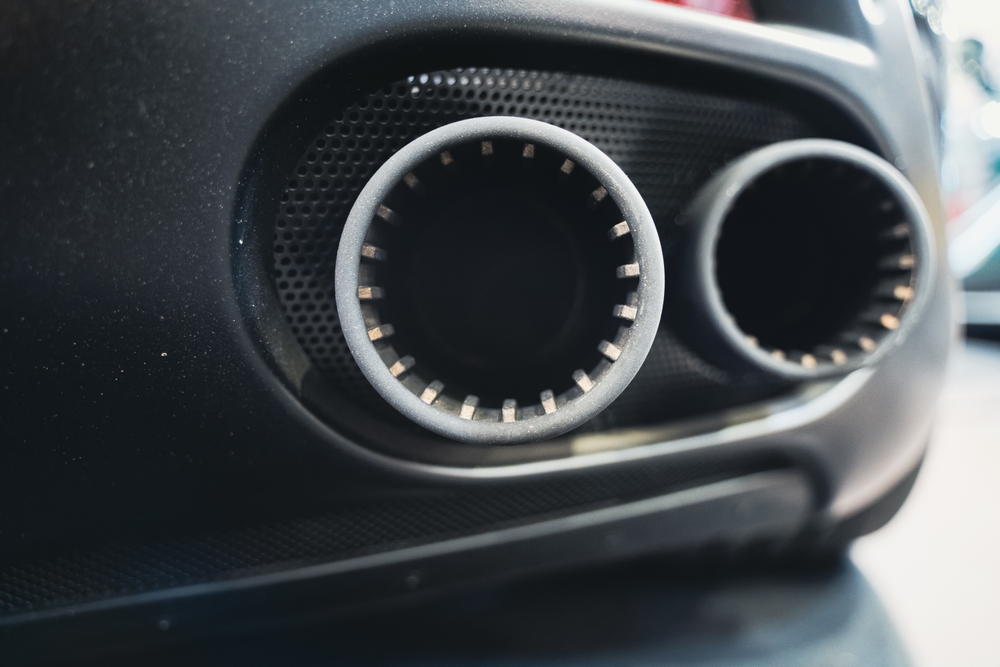
A loud exhaust system might make your car sound more powerful, but it doesn’t necessarily translate into better performance. In some cases, overly loud systems can disrupt the necessary back pressure in the exhaust, which is vital for maintaining low-end torque. This loss of torque can slow down acceleration, especially in everyday driving situations. Moreover, excessively noisy exhausts may also violate local noise regulations, resulting in fines or failed emissions tests.
Cold Air Intakes (Without Tuning)
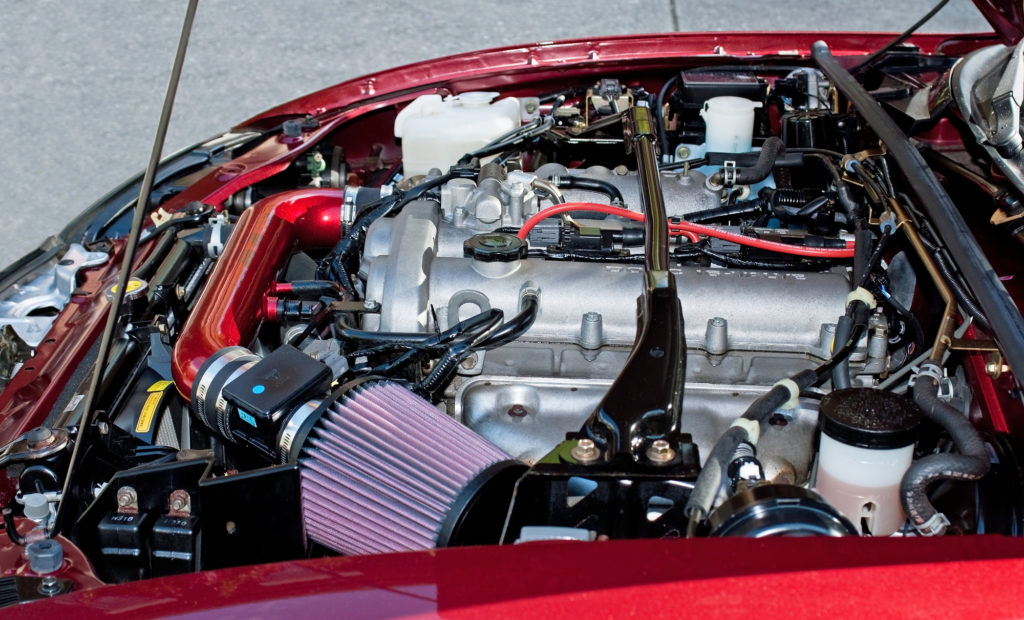
While cold air intakes are designed to boost engine performance by increasing airflow, installing one without proper tuning can lead to issues. If the engine’s computer isn’t recalibrated, it may struggle to maintain the correct air-fuel ratio, causing poor acceleration and reduced fuel economy. In worst-case scenarios, the engine might even misfire or overheat. To get the most out of a cold air intake, always ensure the system is tuned properly.
Low-Quality Turbo Kits
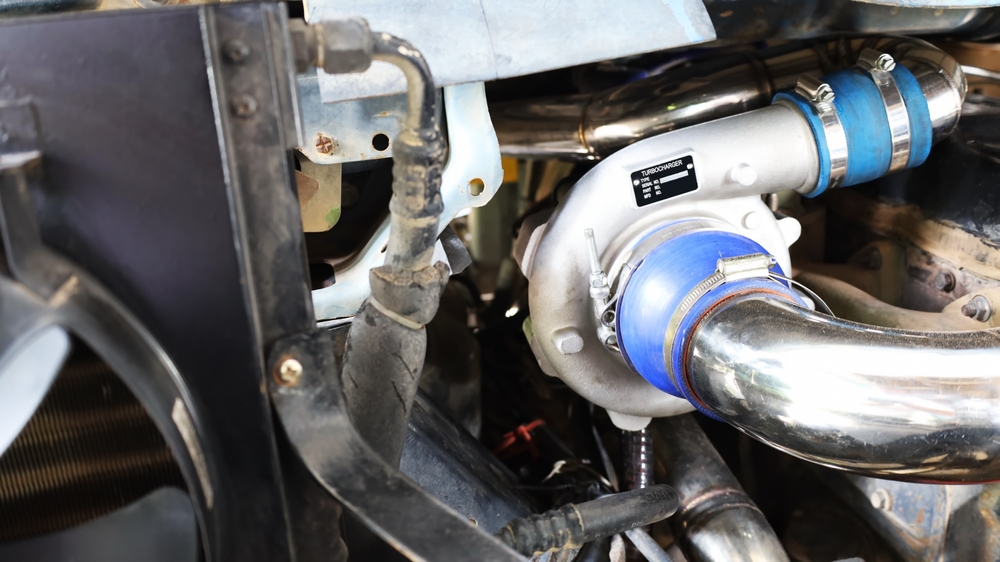
Turbochargers can significantly increase a car’s power output, but low-quality turbo kits often cause more harm than good. Cheap or poorly designed components may not handle the high pressures, potentially leading to engine failure or overheating. Additionally, without adequate tuning, turbo lag can worsen, leaving the car sluggish before the turbo kicks in.
Aggressive Camber Angles
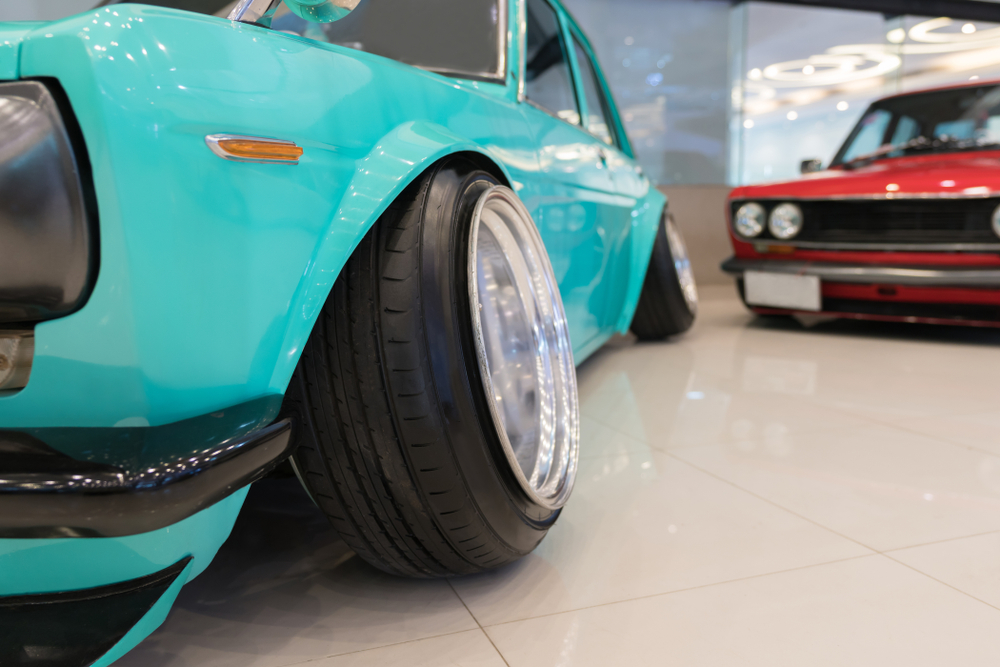
Some car enthusiasts increase negative camber for better cornering grip, but going too far can lead to more problems than benefits. Extreme camber angles reduce tire contact with the road, which results in uneven tire wear and decreased traction in straight-line driving. This can also negatively impact braking performance, especially on wet or uneven surfaces.
Cheap Performance Chips
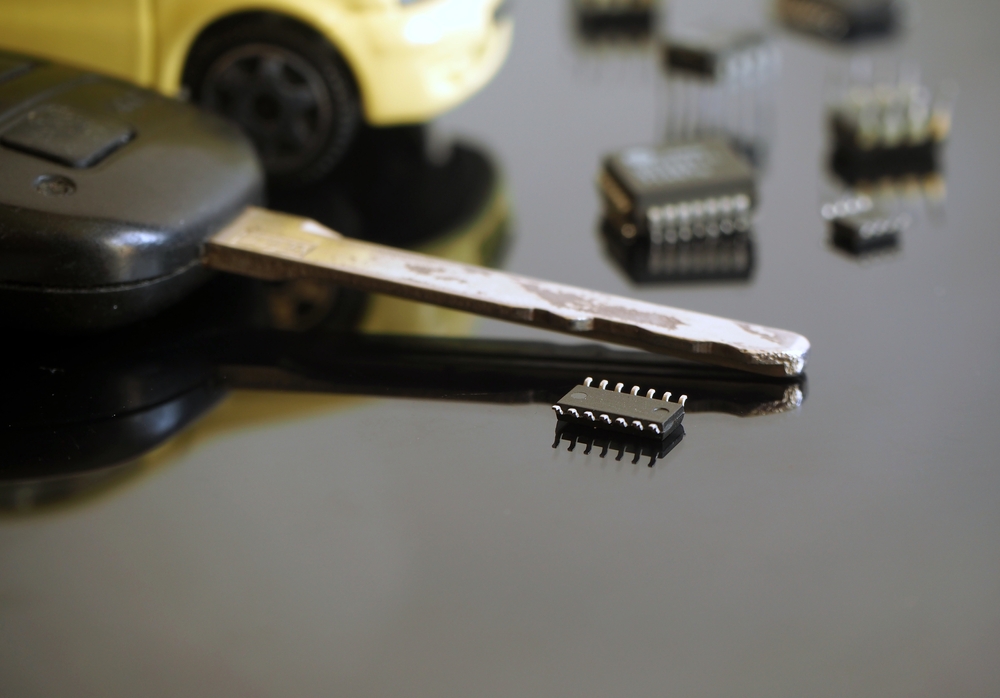
Performance chips promise easy horsepower gains, but cheap versions often do more harm than good. These chips override factory settings, sometimes without properly adjusting critical factors like air-fuel mixture and timing. As a result, the engine may knock or overheat, risking long-term damage. If you’re considering a chip, opt for one that’s been specifically tuned for your vehicle to avoid voiding warranties or harming the engine.
Aftermarket Body Kits

Though aftermarket body kits can enhance the look of a car, they can also hurt aerodynamics if not carefully designed. Poorly made kits may increase drag, making the car less fuel-efficient and slower at high speeds. In addition, some body kits add unnecessary weight, which reduces acceleration and handling. If you’re not cautious, you could end up sacrificing performance for aesthetics.
Too Much Weight Reduction
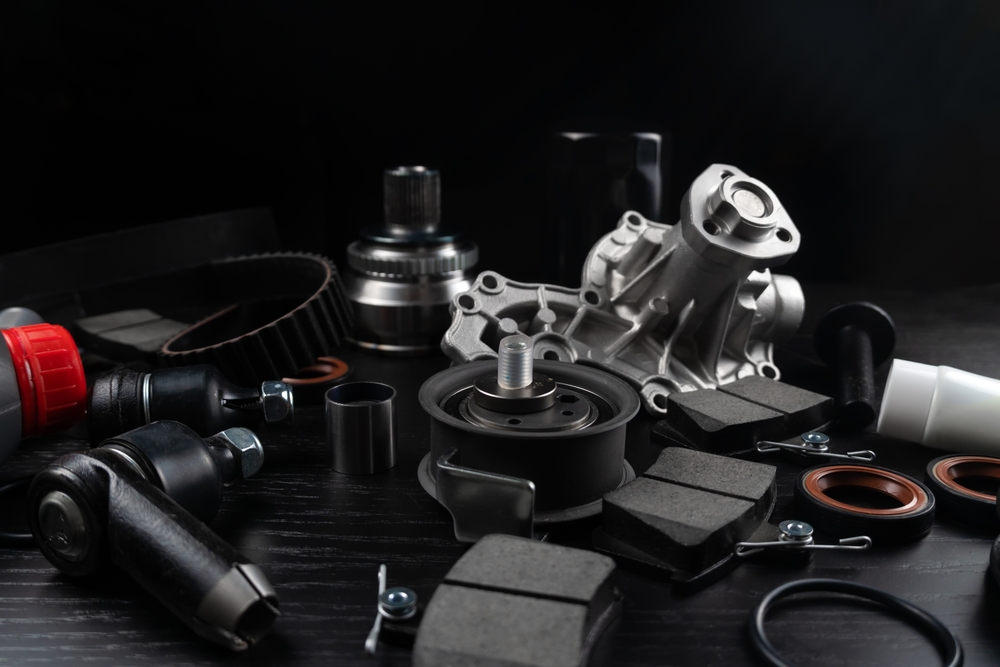
Reducing a car’s weight can lead to better performance, but going too far can have negative consequences. Removing parts like soundproofing, rear seats, or even safety features can make the car uncomfortable to drive and incredibly noisy. Extreme weight reduction can also upset the car’s balance, making it less stable, especially at higher speeds. Striking the right balance between performance gains and daily drivability is essential.
Stiff Performance Springs
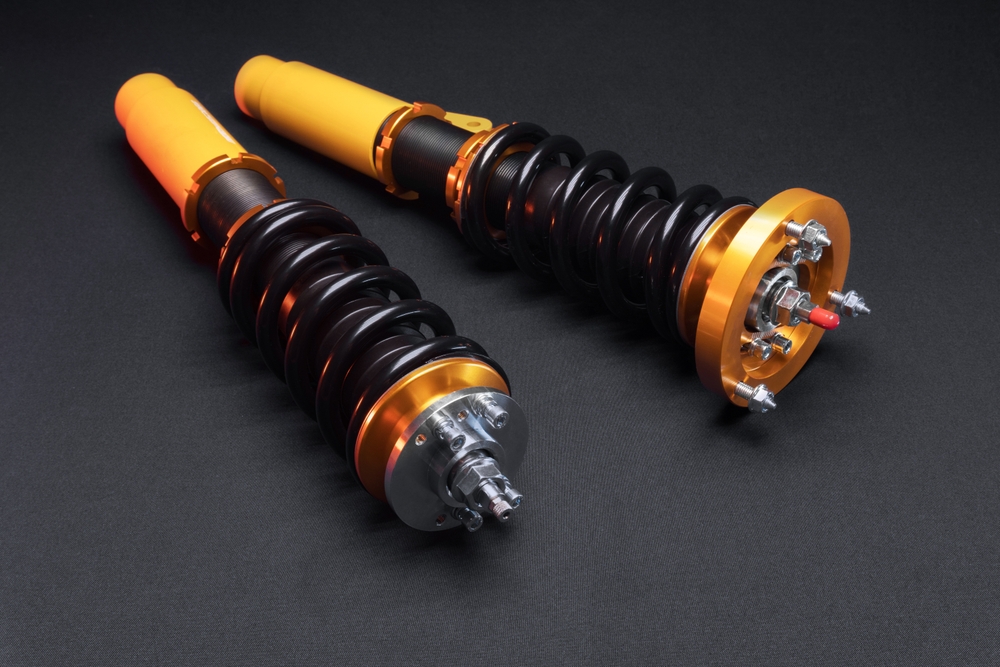
Upgrading to stiff springs can improve handling on smooth roads, but they can make your car unbearable to drive on uneven surfaces. When the springs are too rigid, the car loses much of its suspension travel, which results in a bumpy, uncomfortable ride. Additionally, stiff springs increase the wear on other suspension components, leading to premature failure. Unless you’re building a track car, stiffer springs are often an overkill for daily use.
High-Flow Fuel Injectors
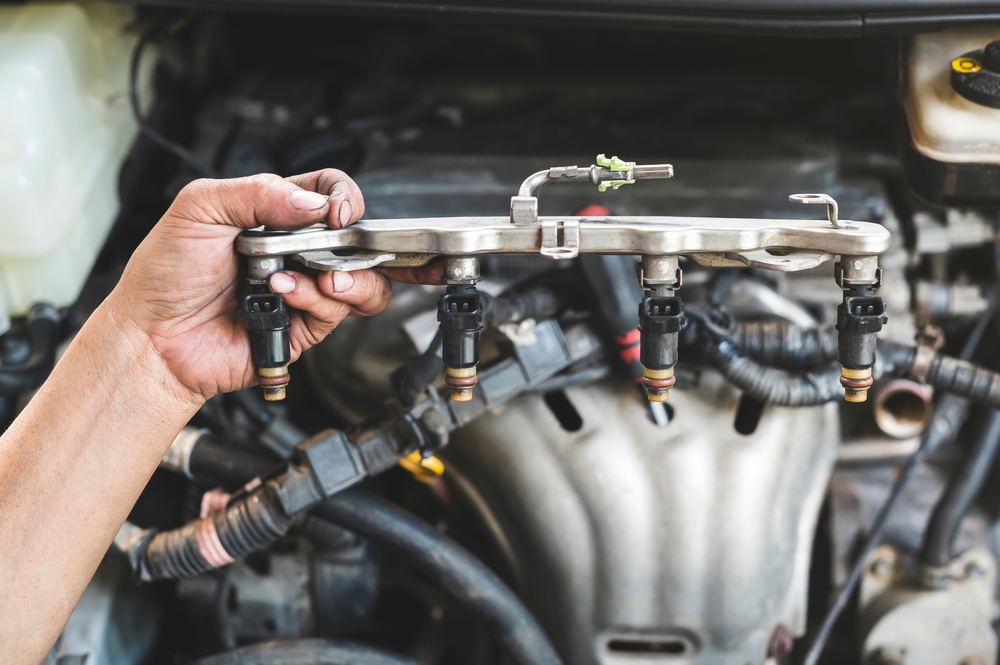
High-flow fuel injectors are typically used in high-performance engines to supply more fuel, but installing them on a stock engine can cause issues. Without the necessary tuning, the engine may receive too much fuel, leading to poor fuel economy and even damaging the engine over time. This modification is best reserved for heavily modified engines that can take advantage of the increased fuel delivery.
Overly Large Intercoolers
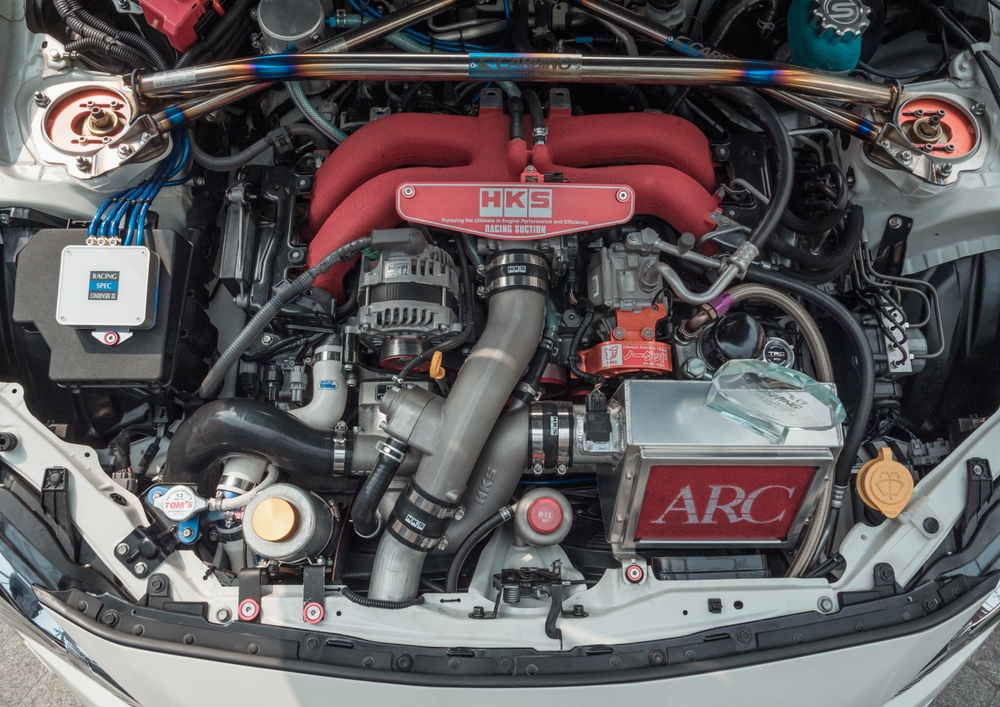
Intercoolers are essential for cooling the air in turbocharged engines, but oversized ones can cause turbo lag. With more air volume to compress, the turbo takes longer to spool up, which can reduce acceleration at lower RPMs. Additionally, fitting a larger intercooler may require cutting or modifying parts of the car, leading to potential reliability issues. Stick with a properly sized intercooler to maintain balance.
Incorrect Tire Sizes
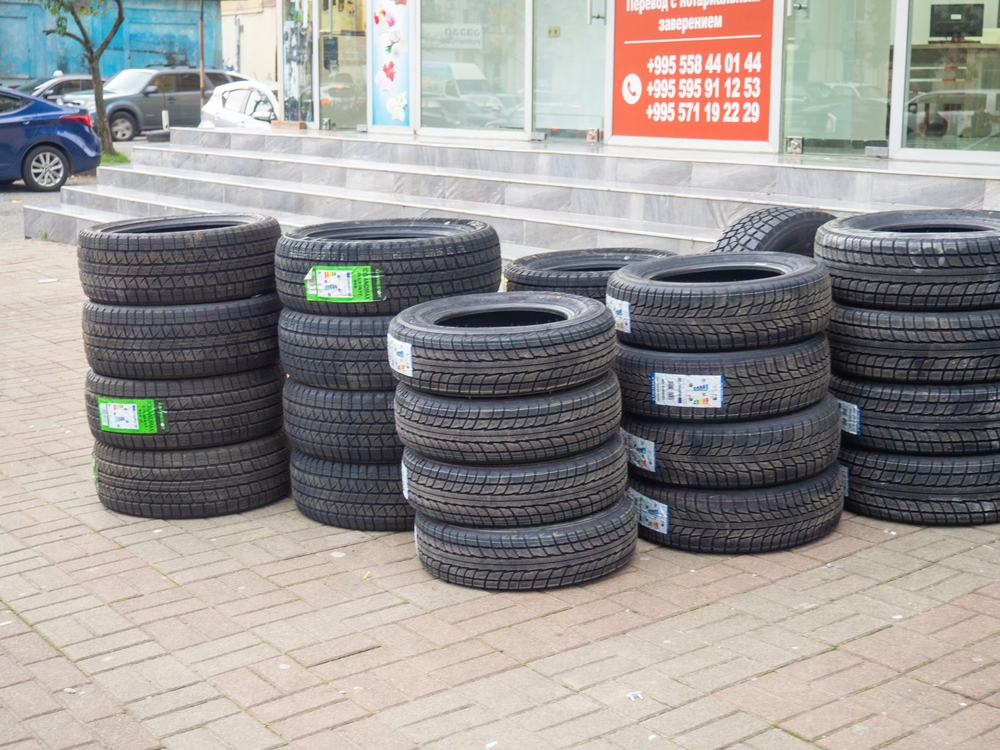
Changing tire size might seem like a simple upgrade, but it can negatively impact handling and performance. Oversized tires can rub against the wheel wells, while undersized tires may reduce traction and stability. Incorrect tire sizes can also affect the car’s speedometer accuracy and throw off the gear ratio, resulting in slower acceleration and worse fuel efficiency. Always follow manufacturer recommendations for optimal performance.
Heavy Sound Systems

Installing a high-powered sound system can make your car a rolling concert hall, but the added weight can slow it down. Subwoofers, amplifiers, and extra wiring can add significant weight, reducing the car’s acceleration and handling. Furthermore, the system’s power demand may strain the alternator, especially in older vehicles. Keep this in mind when deciding how much to upgrade your car’s audio setup.
Excessive Engine Tuning
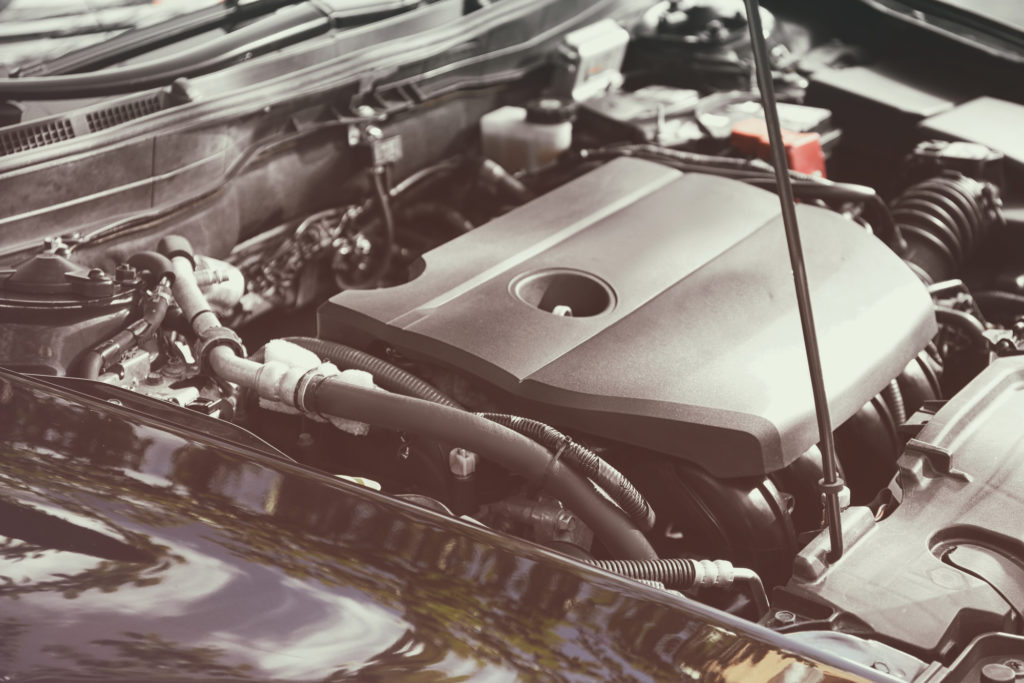
Tuning an engine can unlock extra power, but overly aggressive tuning can lead to reliability issues. Increasing horsepower beyond what the engine was designed for places more strain on critical components like pistons, rods, and the transmission. Over time, this can cause premature wear or even catastrophic engine failure. A conservative tune that balances performance with reliability is always the safer option.
Poorly Designed Air Suspension
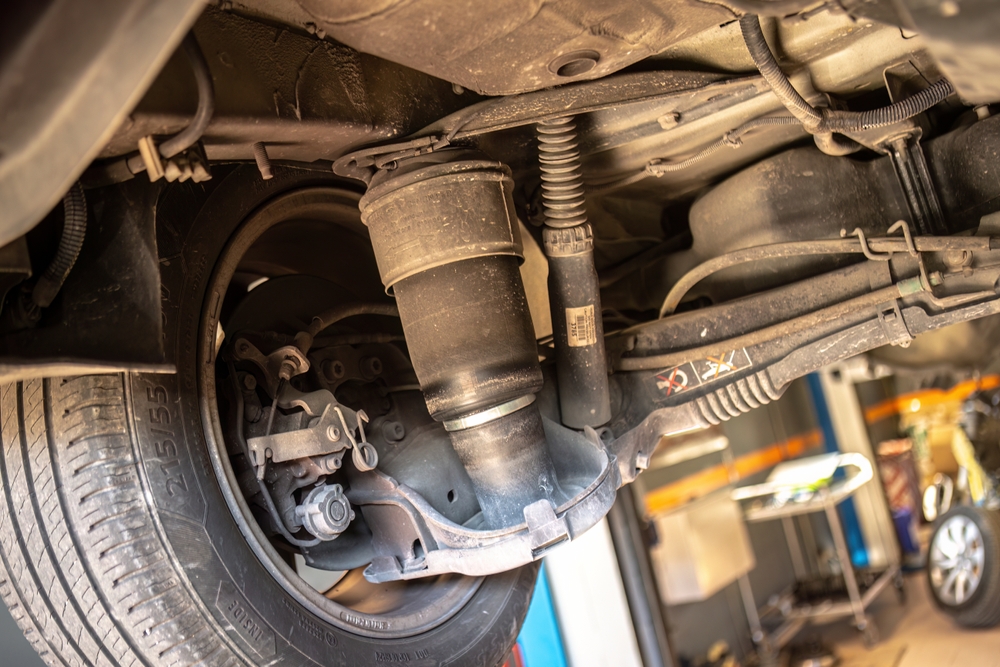
Air suspension systems allow you to adjust your ride height on the fly, but poorly designed setups can cause more harm than good. Low-quality components or improper installation can result in leaks or uneven suspension behavior, which negatively impacts handling. Additionally, air suspension systems require regular maintenance, and failing to do so can lead to costly repairs. A well-engineered system is crucial to avoiding these issues.
Low-Grade Brake Pads
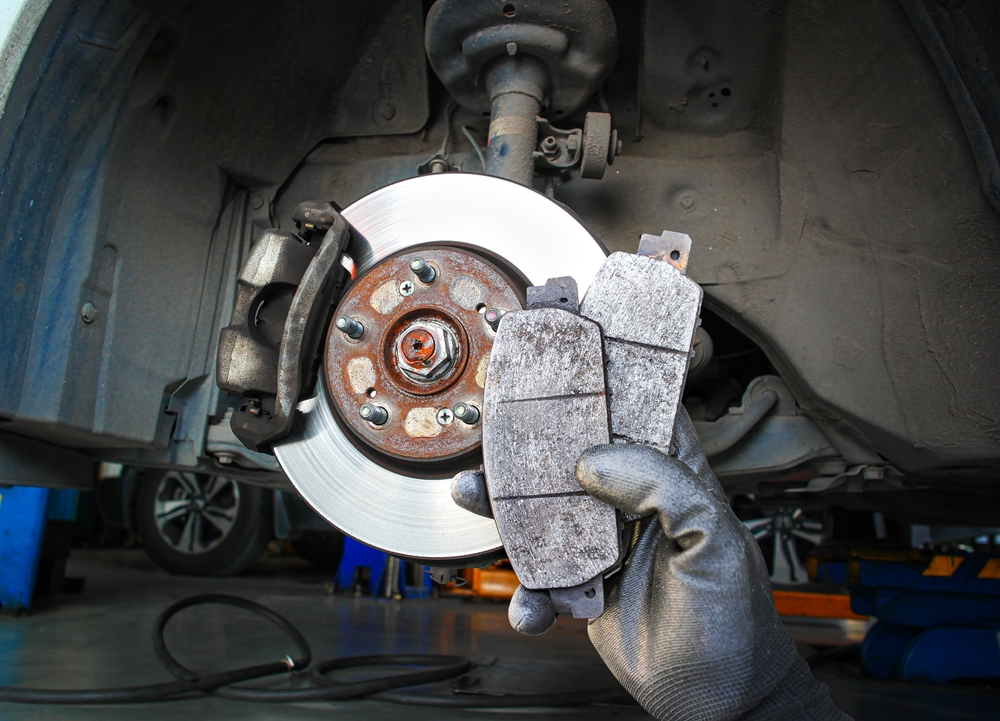
Upgrading to performance brake pads can enhance stopping power, but using low-grade pads can have the opposite effect. Cheap pads tend to fade quickly when they heat up, reducing their effectiveness and increasing stopping distances. They can also wear out faster, leading to more frequent replacements. Always invest in high-quality pads to ensure safety and consistent braking performance.
This article originally appeared on MyCarMakesNoise.
More from MyCarMakesNoise
11 Classic RVs That Are Ready for a Revival

Exploring the world of vintage RVs reveals a rich tapestry of history, design, and enduring appeal. These vehicles, crafted with an eye for both function and aesthetics, represent a golden age of road travel, characterized by a sense of freedom and adventure that is as compelling today as it was decades ago. Read More.
15 Underrated Vintage Motorcycles to Check Out
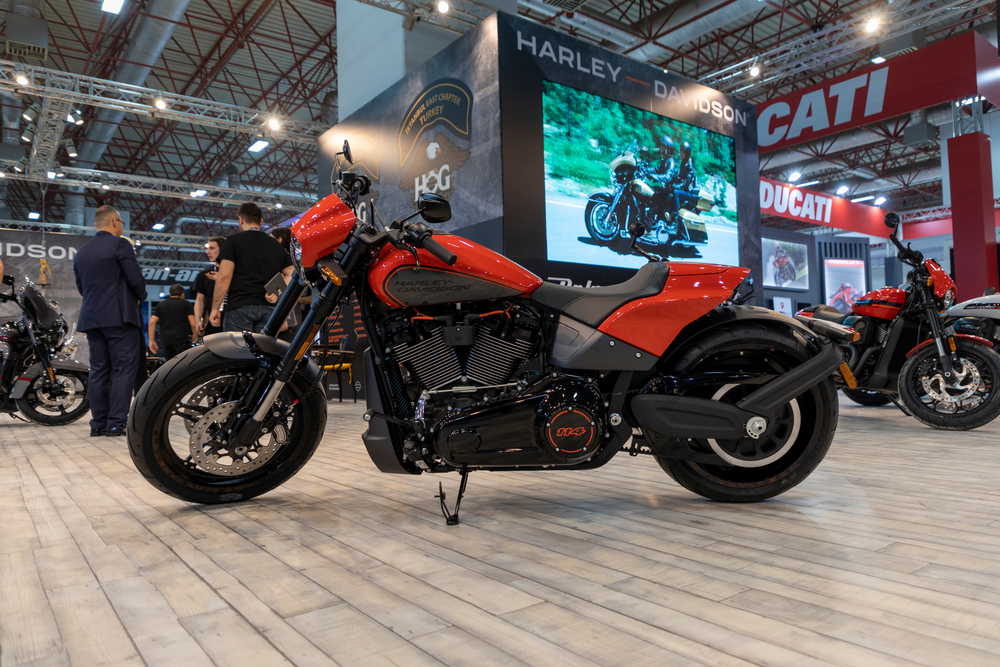
Venturing into the realm of forgotten vintage motorcycles unveils a treasure trove of two-wheeled gems that have quietly slipped away from the mainstream spotlight. These bikes, each boasting a blend of classic charm and modern features, offer more than just a ride – they provide a unique slice of motorcycling history and a distinctive style that sets them apart from contemporary models. Read More.
15 Ultra-Safe Cars Worth Every Penny

When it comes to choosing a new car, safety is a paramount concern for many drivers. While all vehicles on the market must meet certain safety standards, some go above and beyond, offering advanced features that can significantly enhance occupant protection in the event of an accident. Read More.

